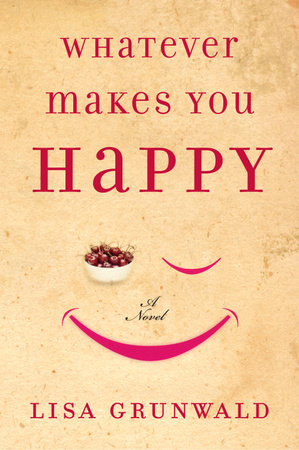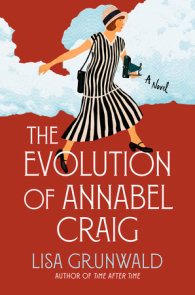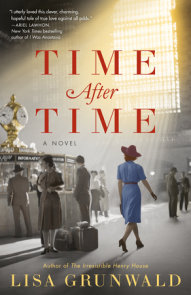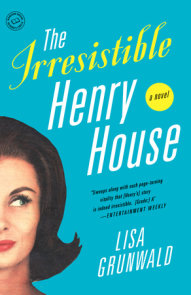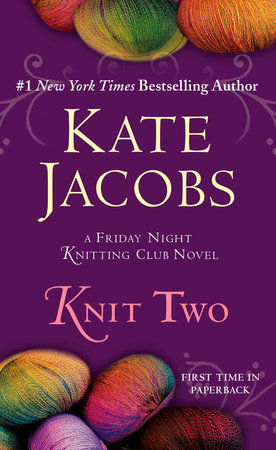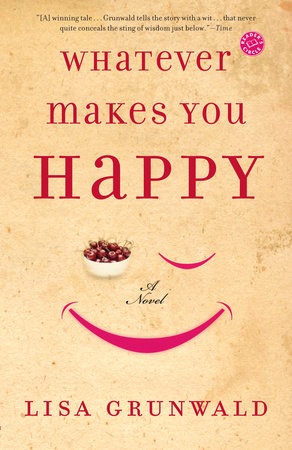

Whatever Makes You Happy
By Lisa Grunwald
By Lisa Grunwald
By Lisa Grunwald
By Lisa Grunwald
Category: Women's Fiction | Contemporary Romance
Category: Women's Fiction | Contemporary Romance

-
$13.95
Aug 08, 2006 | ISBN 9780812973211
-
May 31, 2005 | ISBN 9781588364593
YOU MAY ALSO LIKE

The Look of Love
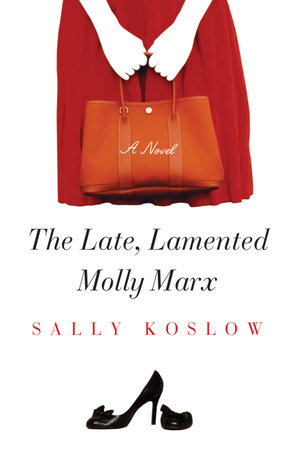
The Late, Lamented Molly Marx
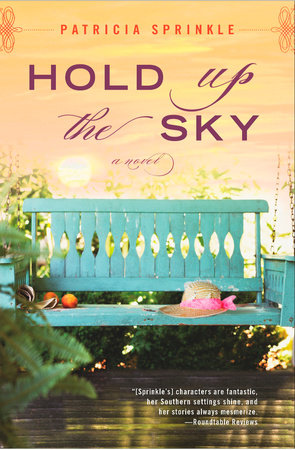
Hold Up the Sky
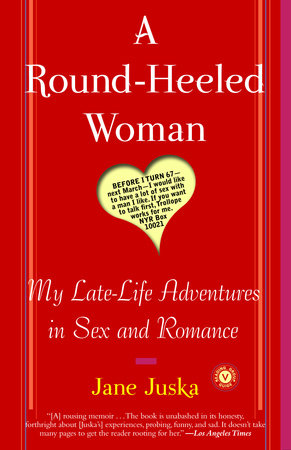
A Round-Heeled Woman
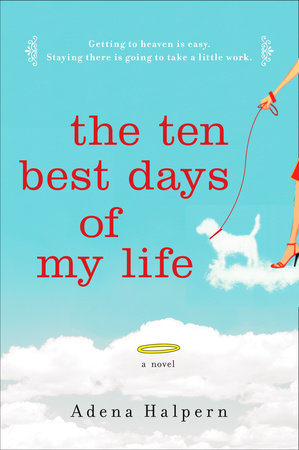
The Ten Best Days of My Life

The Elegant Gathering of White Snows
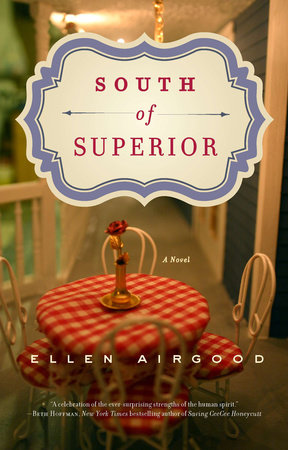
South of Superior
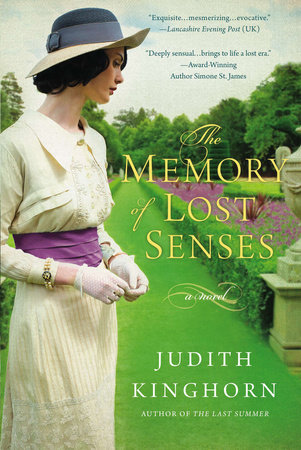
The Memory of Lost Senses
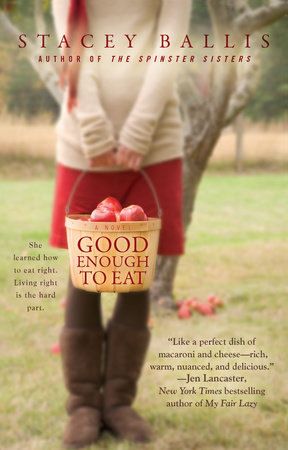
Good Enough to Eat
Praise
"A snappy, pleasant novel content with its own wit."
— The New York Observer
“Grunwald tells the story with a wit. . . that never quite conceals the sting of wisdom just below. Perhaps it’s no surprise that by the end of her well-turned and winning tale, we see and feel, as Farber does, that the pursuit of happiness is really nothing more than a recipe for misery.”
— Pico Iyer, Time Magazine
“From Aristotle to Edith Wharton, from laughter therapy to bedoom farce, this novel is a dictionary of delights.”
— Cathleen Medwick, O, the Oprah Magazine
"Sally’s quest for personal fulfillment allows Grunwald to muse on the roots of happiness, mining sources as diverse as Aristotle and Charles Schulz to present a porvocative array of answers. Whatever Makes You Happy is a satisfying portrait of upper-middle-class angst. But it is also the tale of a woman’s pursuit of a life philosophy–and through that search, readers may discover stepping stones for their own."
— Alissa Quart, More Magazine
“Grunwald’s interweaving of scholarly quotations about happiness and excerpts of real-life research on the matter cleverly ground this novel, in which the main character is on the verge of spinning out of control as she searches for her own brand of happiness. Chock-full of penetrating and wry perceptions, this novel is recommended for all public libraries.”
— Library Journal
“Attempting to fool everyone, but especially herself, into believing that she’s only ‘researching’ the pursuit of happiness, Sally Farber searches for that ephemeral quality in all sorts of droll places–from the writings of Voltaire to the Laughter Institute to the bed of a famous artist. To no one’s surprise, she learns that what does not lie within remains elusive without. And as Lisa Grunwald’s odyssey of slapstick erudition unfolds, Sally seems stubbornly fated to remain without her heart’s desire, until the very last page is turned. This book comprises the best of both reads: a serious romp, and a saucy philosophical sashay.”
— Jacquelyn Mitchard, author of The Deep End of the Ocean and The Breakdown Lane
“Smart and exceedingly charming.”
— W Magazine
“Grunwald explores the meaning of happiness, drawing inspiration from poets and pop icons…readers may find themselves considering what underlies their own happiness–and what they would risk to find more.”
— People Magazine
Praise for Lisa Grunwald
“Her poetic gift for language, her sympathy for her characters, and her knowledge of how their emotions grow, shift, and collide all work together to help realize the large ambitions of this novel.”
–Michiko Kakutani, The New York Times, about The Theory of Everything
“Beautiful, bizarre, and breathtaking . . . Harrowing in its pace, fearless in its depiction of the most tender emotions, this is a novel of exquisite grace. . . . A mesmerizing celebration of family love in all its sweetness and ferocity.”
–TK, Chicago Tribune, about New Year’s Eve
21 Books You’ve Been Meaning to Read
Just for joining you’ll get personalized recommendations on your dashboard daily and features only for members.
Find Out More Join Now Sign In








